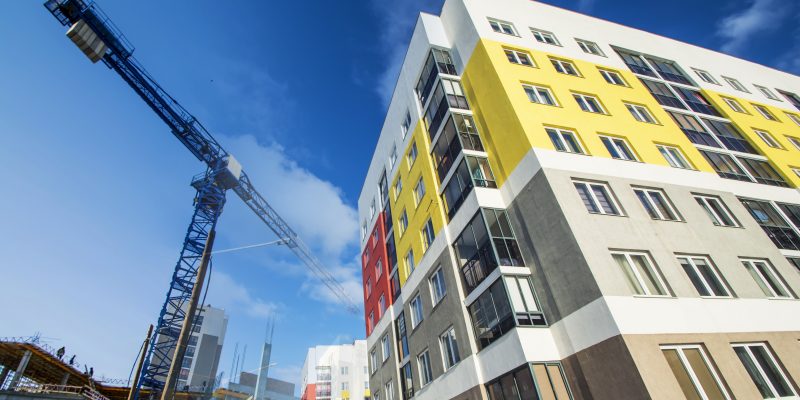Posted: May 11, 2020
SIOUX FALLS, S.D. (KELO) – It’s not business as usual for public construction projects but it isn’t poor business.
While the coronavirus pandemic is causing likely declines in local sales tax revenue, it’s also caused some lowering of prices for city street projects.
“The majority of our (bids) have come in at the estimates or below since COVID-19,” Mark Cotter, director of public works in Sioux Falls, said.
“With the bids coming in the last month, we’ve had more bidders and very competitive prices,” Cotter said. “It’s a great time for cities, states and counties for bidding on projects if they’ve got the resources (for projects).”
Increased competitive bidding has resulted in at least $1.6 million when approved bids are compared to original estimates in three major projects, which illustrates the benefits of more bidders.
Cotter said the construction project on 57th Street between Minnesota and Western was estimated to cost $2.07 million but the approved low bid was $1.7 million.


